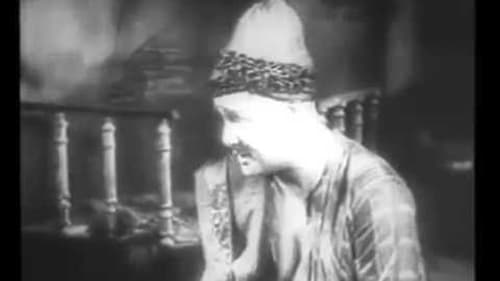
Tahir
The film revolves around the story of a man named Ali who makes a living selling home-grown vegetables and his family. Ali’s parents have passed away. He lives with his grandfather Tahir and his brother Cemil. Tales of Ali’s womanizing stories are the talk of the town as he impresses girls with his smooth voice. Ali forgets all the other girls when he falls in love at first sight with Cemil’s teacher Gülsen. But Ali will misinterpret Gülsen’s feelings and get very disappointed. (İbrahim Veli Sözer)

İhsan Hoca

Kahveci

Leblebici Horhor
The love story of rich Hursit and Fadime, the daughter of a roasted chickpea maker.

Gülsüm'ün Babasi
Aysel, while working for the strong Satilmiszade family, is seduced by her boss and becomes pregnant. Giving birth to the child, she applies to the court for alimony, but the father rejects the child. Ali, from another village is concerned with her situation, and he offers her a job: to accompany his disabled mother.

Directed by Muhsin Ertugrul and Ihsan Ipekçi.

Leblebici Horhor
Leblebici Horhor [The Chickpea Seller] is an adaption of an 1875 Turkish-language operetta by the Ottoman-Armenian composer Tigran Chukhajian. It has been claimed as one of the first original Turkish operettas. A silent film under the direction of Muhsin Ertuğrul, it was supported by the piano-playing of the operetta in the movie theater while it was shown to the audience.

Directed by Muhsin Ertugrul.

Directed by Muhsin Ertugrul.

Directed by Sadi Fikret Karagözoglu.

Directed by Ahmet Fehim.

The story of a young girl forced to marry an old Aga. Directed by Fuat Uzkinay and Sigmund Weinberg, it was the third film in Turkish history and had to be postponed until the end of WWI in 1918.



